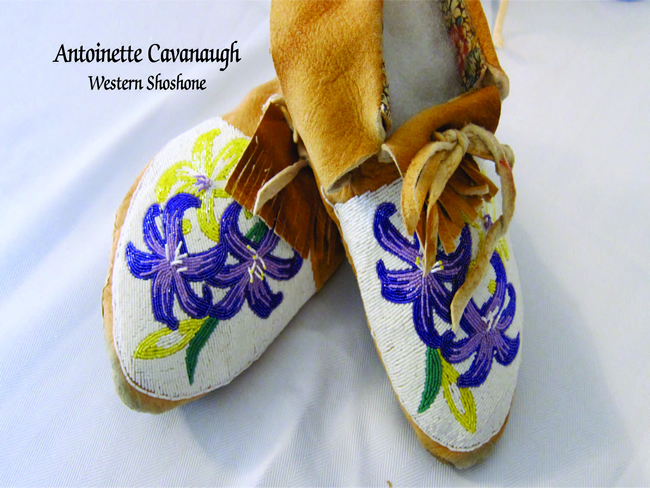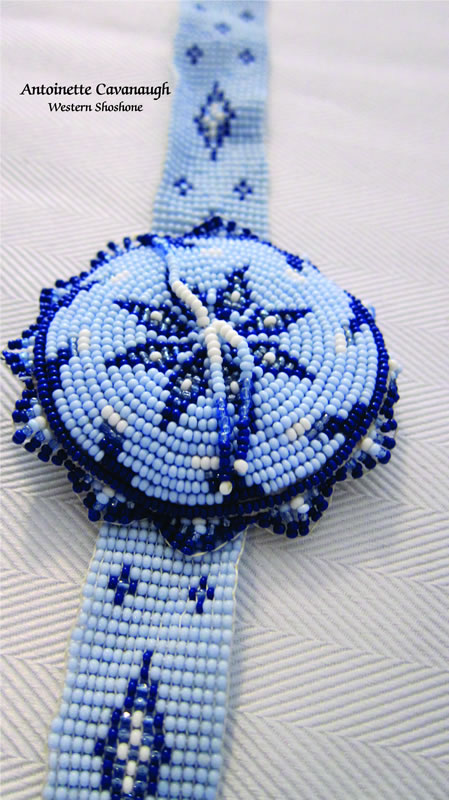
Additionally
The Great Basin Indian Archives will collect primary source information not available anywhere else that provides documentation and analysis about the history and heritage of the Great Basin Indian people. Manuscripts that index collections of general material that are specific to the Great Basin Indians are also accepted.
PARTNERS
Welcome to our Partners page. Here you will find information regarding all of the GBIA's sponsors and donors. We thank each and every one of them for their contributions to the project.
Barrick North America
Responsible Mining defines how we do business at Barrick. As a leader in the mining industry, we have a responsibility to protect the environment, to conduct our business based on the highest ethical standards, and to contribute to the welfare of the communities and countries in which we operate. This global commitment makes us stronger and more successful as a company.
At Barrick, corporate social responsibility is not an add on. It is fundamental to our business strategy. We are committed to making a positive difference in the communities in which we live and work. Our aim is to share the benefits of mining with our employees and the community and contribute to economic and social development.
Great Basin College
Great Basin College enriches people's lives by providing student-centered, post-secondary education to rural Nevada. Educational, cultural, and related economic needs of the multicounty service area are met through programs of university transfer, applied science and technology, business and industry partnerships, developmental education, community service, and student support services in conjunction with certificates and associate and select baccalaureate degrees.
GREAT BASIN COLLEGE VIRTUAL HUMANITIES CENTER
Faculty at GBC had believed for some time that humanities were not being emphasized enough in our curriculum. We realized that our students are not proficient in many of the important skills that the humanities encourage, such as the ability to think critically about what they are reading or to connect the ideas in that reading to a larger context. As teachers we work with students struggling to use facts to support their opinions — sometimes even to differentiate between fact and opinion—and to present their ideas clearly and cogently. Our students, and students in general, often cannot recognize the validity of other perspectives or value the diversity of viewpoints and ideas that surround them. We searched for ways to help our students gain those core skills and habits of mind that are so important to succeeding in the world of work and building happy and fulfilling lives.
For GBC the solution to this dilemma would have to take into consideration the realities of our situation: a service area that has grown to 87,000 square miles of Nevada, a mission to serve the mostly rural residents of that vast expanse, a strong distance education infrastructure relying on interactive video and online instruction to reach our students. We began with those parameters and a conviction that a renewed focus on the humanities would help our students.
In 2011, a group of faculty began to discuss applying for a grant from the National Endowment for the Humanities. As we talked the Virtual Humanities Center began to take shape: a website that would collect local and regional humanities events, lectures, art, performances that would open our students to the humanities already present in their lives; a site that would assist teachers across the curriculum to include relevant humanities content in their classrooms; a gateway course in the humanities that would help students answer the question, “what does it mean to be human?”; and a way to support live humanities programming at GBC.
Jeannie Rosenthal Bailey gathered those ideas into a challenge grant which was submitted to NEH in 2013. We were expecting a polite refusal, but also valuable suggestions for a later resubmission. To our surprise, in July 2013 we received the news that GBC had received the grant! The GBC Foundation had agreed to support the grant and to go beyond the 2-to-1 match to a 3-to-1 match, meaning that the $500,000 from NEH would realize a total contribution of $2,000,000 to GBC for the project over five years. In July emeritus professor of history and humanities Dr. Cyd McMullen was asked to act as Project Director, with Dr. John Patrick Rice as Co-Director in charge of fundraising and Jeannie Bailey as Grant Manager. A dedicated committee of faculty and administrators began meeting in August 2013 to implement the grant and continues today to oversee and improve its operations.
University of Utah
The mission of the University of Utah is to serve the people of Utah and the world through the discovery, creation and application of knowledge; through the dissemination of knowledge by teaching, publication, artistic presentation and technology transfer; and through community engagement. As a preeminent research and teaching university with national and global reach, the University cultivates an academic environment in which the highest standards of intellectual integrity and scholarship are practiced. Students at the University learn from and collaborate with faculty who are at the forefront of their disciplines. The University faculty and staff are committed to helping students excel. We zealously preserve academic freedom, promote diversity and equal opportunity, and respect individual beliefs. We advance rigorous interdisciplinary inquiry, international involvement, and social responsibility.
For more information and resources, please see the button links in the right-hand margin! --->

